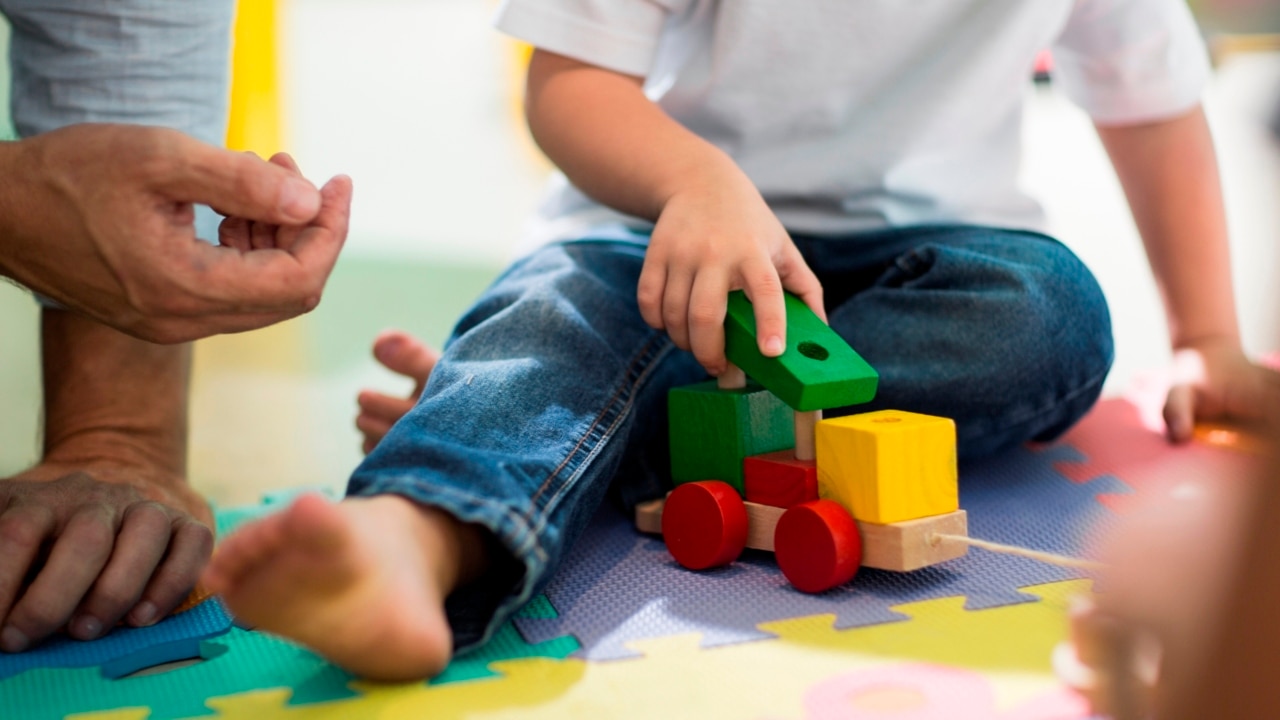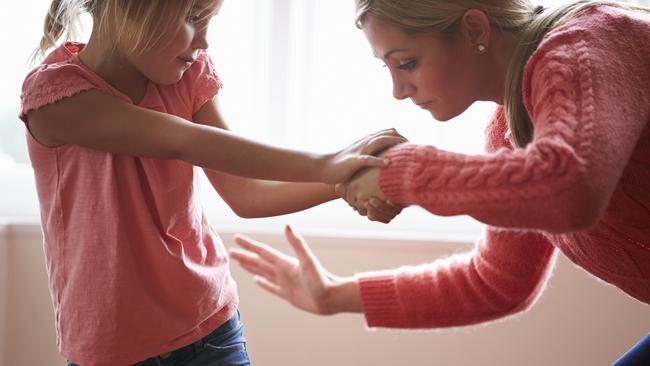Paul Starick: You are modelling behaviour ... that violence is an acceptable problem-solving solution
No parent is perfect, Paul Starick writes, but repeated, sustained smacking is more abuse than discipline. Do you agree? Take our poll.

Opinion
Don't miss out on the headlines from Opinion. Followed categories will be added to My News.
My karate teacher stamped an indelible impression on the group of impressionable young teenagers he taught to fight – avoid violence at all costs.
As students of Zen Do Kai in the 1980s, we were drilled by our sensei in the arts of fitness, discipline, endurance and self-protection. Some amassed considerable martial arts skills.
Crucially, our sensei, or teacher, repeatedly emphasised that the best form of self-protection was to avoid confrontation and fight only if there was absolutely no other alternative.
Violence begets violence. Surely this is a vital mantra for any parent hoping to raise children into confident, polite, assertive, principled and generally happy adults.
It is alarming to learn of national research showing six in 10 young Australians were smacked repeatedly by their parents, causing them to be nearly twice as likely to develop anxiety and depression as other teens and adults.
Repeated smacking implies a systemic system of punishment, rather than a rare clip around the ear or shove.
Both of the latter are explicable, given no parent is perfect and everyone has done something they regret in moments of extreme tiredness or frustration.

But persistent and sustained smacking is, putting it less politely, repeated and systemic hitting of young people who are physically and mentally weaker.
As the lead researcher of the latest study, Australian Catholic University Professor Daryl Higgins, said: “If you want to reduce population-level anxiety for women and men, don’t hit them as children.
“There is a very real connection between corporal punishment and current and lifelong experience of mental ill health.”
Smacking is usually done in anger and frustration.
As an adult, you are modelling behaviour to your children. In this case, they are learning that violence is an acceptable problem-solving solution.
Logically, it follows that there is a more-than-reasonable prospect of the smacked child learning this lesson and deploying violence as an adult.
Some people of middle age, like me, will remember their own childhood and stridently declare that a decent smack never hurt anyone.
Personally, I was always more stung by my mother’s sharp verbal reproaches than rare smacks – as any impolite Port Adelaide supporter who sits near the obsessive Adelaide Crows fan at Showdowns would understand.
The key point is that verbal discipline, particularly when well-timed and decently communicated, is far more effective than physical punishment.
Nobody is perfect, particularly when subjected to the pressure of parenthood, but repeated violence is more abuse than discipline.




